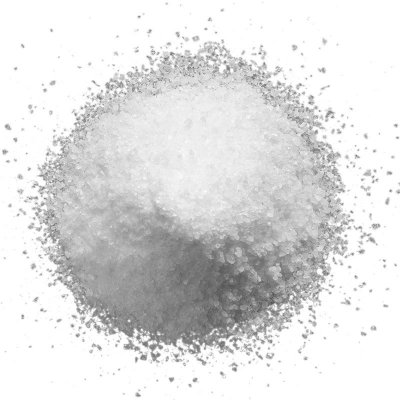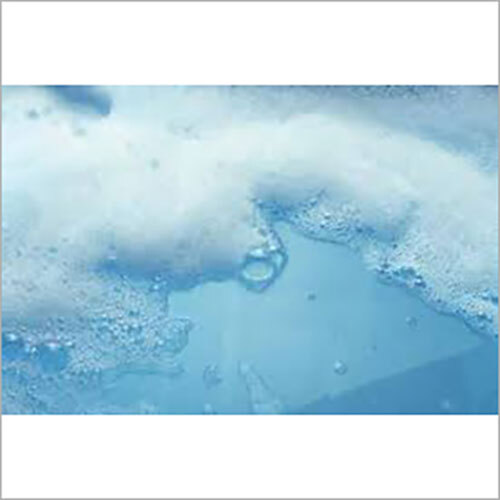The Duty of Defoamers in Enhancing Product High Quality and Performance
In numerous making processes, the presence of foam can substantially prevent item high quality and functional efficiency. Defoamers work as crucial additives that minimize this problem, ensuring smoother production operations while enhancing the visual and useful features of the end products (defoamers). Their application covers a plethora of sectors, from food and beverage to drugs, where uniformity and dependability are extremely important. The option of the appropriate defoamer can be important to accomplishing ideal outcomes, increasing essential inquiries concerning solution compatibility and performance metrics that merit further exploration.
Recognizing Defoamers
Recognizing the duty of defoamers is crucial for maintaining product quality across various industries. Defoamers are chemical ingredients developed to lower and prevent the development of foam in fluid systems, which can detrimentally affect procedures such as mixing, filling, and surface stress. Lathering can bring about inadequacies, item issues, and jeopardized visual charm, making defoamers a critical element in manufacturing operations.
In commercial applications, defoamers assist to boost product uniformity and security. In the paint and finishings sector, foam can conflict with the application process and the last surface. Likewise, in food and drink production, extreme foam can impede bottling and product packaging effectiveness (defoamers). The reliable use defoamers not just makes certain smoother manufacturing procedures but also adds to exceptional item efficiency.
In addition, the selection and solution of a defoamer have to line up with particular application needs, such as compatibility with various other ingredients, effectiveness under differing temperature level and pH conditions, and potential governing restrictions. Ultimately, understanding defoamers' features and their value in various formulations is critical for maximizing manufacturing and guaranteeing the finest end products.
Sorts Of Defoamers
Defoamers can be categorized into numerous types based upon their composition and system of activity. The primary kinds consist of silicone-based, non-silicone natural, and not natural defoamers.
Silicone-based defoamers are among the most reliable, mostly due to their capacity to spread out quickly on the liquid surface area and interfere with foam development. Their unique chemical structure enables exceptional stability, making them suitable for high-temperature applications and atmospheres with varying pH levels.
Non-silicone natural defoamers, often composed of fatty acids or natural oils, are valued for their biodegradability and reduced toxicity. These are normally made use of in food and drink applications where safety and security and ecological influence are critical.
Not natural defoamers, that include materials like talc or calcium carbonate, act by boosting the thickness of the fluid, thereby reducing foam stability. They are typically utilized in industrial procedures where compatibility with other products is not a problem.
Each sort of defoamer has distinct advantages and constraints, allowing for tailored remedies relying on the details frothing problems experienced in various applications. Recognizing these differences is vital for optimizing performance and attaining desired product quality.
Applications Across Industries
Many industries take advantage of defoamers to enhance item quality and functional performance. In the food and drink industry, defoamers are vital in processes such as brewing and dairy products production to prevent foam formation, which can bring about ineffectiveness and item inconsistency. By managing foam, manufacturers can make sure better yield and a more uniform product.
In the pharmaceutical market, defoamers play an essential duty in Learn More Here the solution of liquid medicines, where too much foam can impede mixing and accurate application. Their use aids preserve the honesty of the solutions and helps with smoother production processes.
The paint and finishes market likewise relies upon defoamers to boost the efficiency of products during application. By lessening foam, these additives make certain a smoother coating and enhance the aesthetic qualities of the final item.

Benefits of Using Defoamers
While the application of defoamers varies across sectors, their benefits continually improve item quality and process effectiveness. One considerable benefit is the reduction of foam development throughout making processes, which can or else cause production hold-ups and inconsistencies in product quality. By lessening foam, defoamers enable a smoother flow of materials, promoting more reliable operations and lowering the probability of devices malfunctions.
Furthermore, the usage of defoamers can enhance the look and appearance of last items. In sectors such as layers, paints, and food handling, too much foam can endanger the visual appearances and overall top quality, while the ideal defoamer application makes certain an uniform finish and preferable characteristics. Moreover, defoamers can add to set you back savings by reducing waste during manufacturing and maximizing the usage of raw products (defoamers).

Choosing the Right Defoamer
Picking the best defoamer is vital for enhancing manufacturing processes and making sure product top quality. The selection of defoamer affects not only the effectiveness of foam control yet also the total efficiency characteristics of the end product. Elements to take into consideration include the kind of application, the chemistry of the solution, and the environmental conditions under which the item will certainly be used.
Different industries may view publisher site need specific defoamer kinds, such as silicone-based, natural, or polymeric defoamers. Comprehending the compatibility of the defoamer with the key ingredients is necessary to avoid adverse reactions that might endanger product honesty. Furthermore, the defoamer's effectiveness in numerous read this temperature levels and pH degrees must be examined to make sure constant performance.
Examining the defoamer in small-scale applications can supply valuable insights right into its efficiency and viability. Factor to consider of governing compliance, especially in food, pharmaceuticals, and cosmetics, is vital in picking a defoamer. Ultimately, an extensive evaluation of these variables will certainly lead to the choice of a defoamer that not just controls foam effectively but likewise boosts the high quality and performance of the end product.
Final Thought

To conclude, defoamers are essential additives that dramatically enhance product top quality and performance throughout various sectors. By efficiently decreasing foam formation, these agents not only boost operational efficiency however additionally add to the visual and useful stability of products. The tactical choice and application of defoamers cause cost savings, optimized resource usage, and enhanced customer complete satisfaction. In general, the significance of defoamers in industrial processes can not be overemphasized, as they play a vital duty in accomplishing top quality and constant outcomes.
Frothing can lead to ineffectiveness, item flaws, and compromised visual charm, making defoamers an important part in producing operations.
